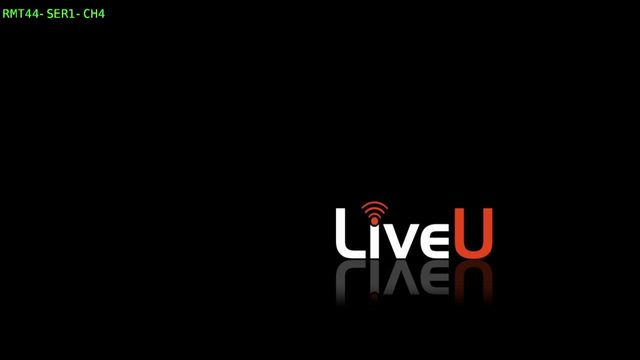Lawmakers seek to limit new-home inspections

State House lawmakers are seeking to ban cities and counties from adding local inspections of new homes to those already required by the state.
House Bill 120 is scheduled for a final vote Tuesday after winning tentative approval 88-26 Monday night. It would require local governments to get the approval of the state's Building Code Council for any inspection for one- or two-family homes beyond those set out in the state's general building code.
Primary sponsor Rep. Mike Hager, R-Rutherford, says the goal of the bill is statewide consistency.
Hager, a home builder himself, accused some cities and counties of "writing their own building codes."
"It’s not what somebody decides they need to do. It’s not what feels right," he said. "Inspections are based on science and engineering."
Rep. Tricia Cotham, D-Mecklenburg, co-sponsored the measure – in part, she said, because of her own frustrating experience with what she called "individual interpretations" of codes by building inspectors.
"Every inspection costs additional money. It costs the builders money, it costs the homeowners money," Cotham said. "It should not be like this. No builder is trying to skirt the law here. Everyone deserves consistency."
Opponents of the bill, including the North Carolina League of Municipalities and the North Carolina Association of County Commissioners, pointed out that there are factors, such as geology, that should require different or additional inspections in some communities. Hager said those local officials can petition the Building Code Council for an exception.
Lengthening the code cycle
Another section of the bill would reduce the frequency of updates to the state's building code from every three years to every six.
The three-year cycle matches the cycle of the International Building Code. Forty-eight states are on three-year cycles now. North Carolina would be only the third to move to six.
Rep. Mark Brody, R-Union, also a home builder, says three-year code changes are too frequent for builders to keep up with.
"It’s about time we got some relief from that," he told the House. "We, as builders, at least like to work under a code for a while."
But the cycle change proposal raised criticism from the National Electrical Manufacturers Association, the American Chemistry Council, state building inspectors and even the state Firemen's Association. The groups warned lawmakers that the longer code cycle would mean delays in getting the best new safety and efficiency products written into state requirements.
Hager said those upgrades increase the cost of new homes and could even be pricing first-time buyers out of the market. He said anyone who can afford the upgrades can always choose to add them, but they shouldn't be required by law.
"Our building code is designed to make sure you can build a safe house and a structurally sound house. It’s not there for product placement. It’s not there for social engineering," he said.









